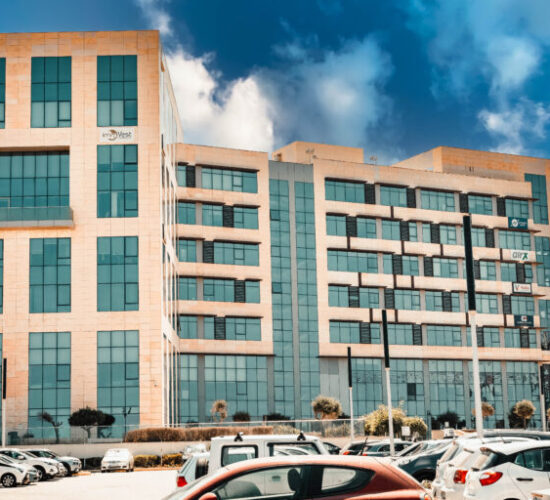
Global College Malta’s DBA is a professional doctorate designed for senior managers and leaders in private, public, and not-for-profit organisations. The programme is specifically designed for critical thinkers and practitioners who wish to reflect in-depth on their organisations and society more generally. The format of the DBA is designed so as to allow learners to engage in applied research, bringing established and cutting-edge theory to bear on their practical organisational issues. Students in the DBA programme develop and enrich practice in their respective areas of research interest, as well as contribute to the wider understanding of the underpinning theoretical base for the work.
| Intakes 2025 | ||
|---|---|---|
| Intake Month | Intake Start Date | Application Close Date |
| July | Saturday, 5 July 2025 | Friday, 18 April 2025 |
| November | Saturday, 1 November 2025 | Friday, 15 August 2025 |
The structured approach offered by the College’s DBA is based on a number of modules, blending lectures, guest talks, workshop discussions, and student presentations. The doctoral thesis is developed in parallel under guidance from a doctoral supervisory team allocated at the start of the DBA programme. The structured nature of the College’s DBA doctoral research programme helps facilitate the demonstration of an original contribution to knowledge in the academic subject and the field of practice through original research or through the original application of existing knowledge and understanding.
| Accredited Status | Type of Qualification | Mode of Delivery |
|---|---|---|
| Accredited by the MFHEA | Doctrate degree | Face-to-face |

The College’s DBA programme is based on several taught elements and a thesis. Each ‘taught’ module on the DBA programme is typically structured around intensive teaching blocks, plus support from the College’s teaching team and doctoral supervisors. Work on the culminating doctoral thesis begins in parallel with the taught modules. The College’s DBA is designed to allow for successful completion in three years.